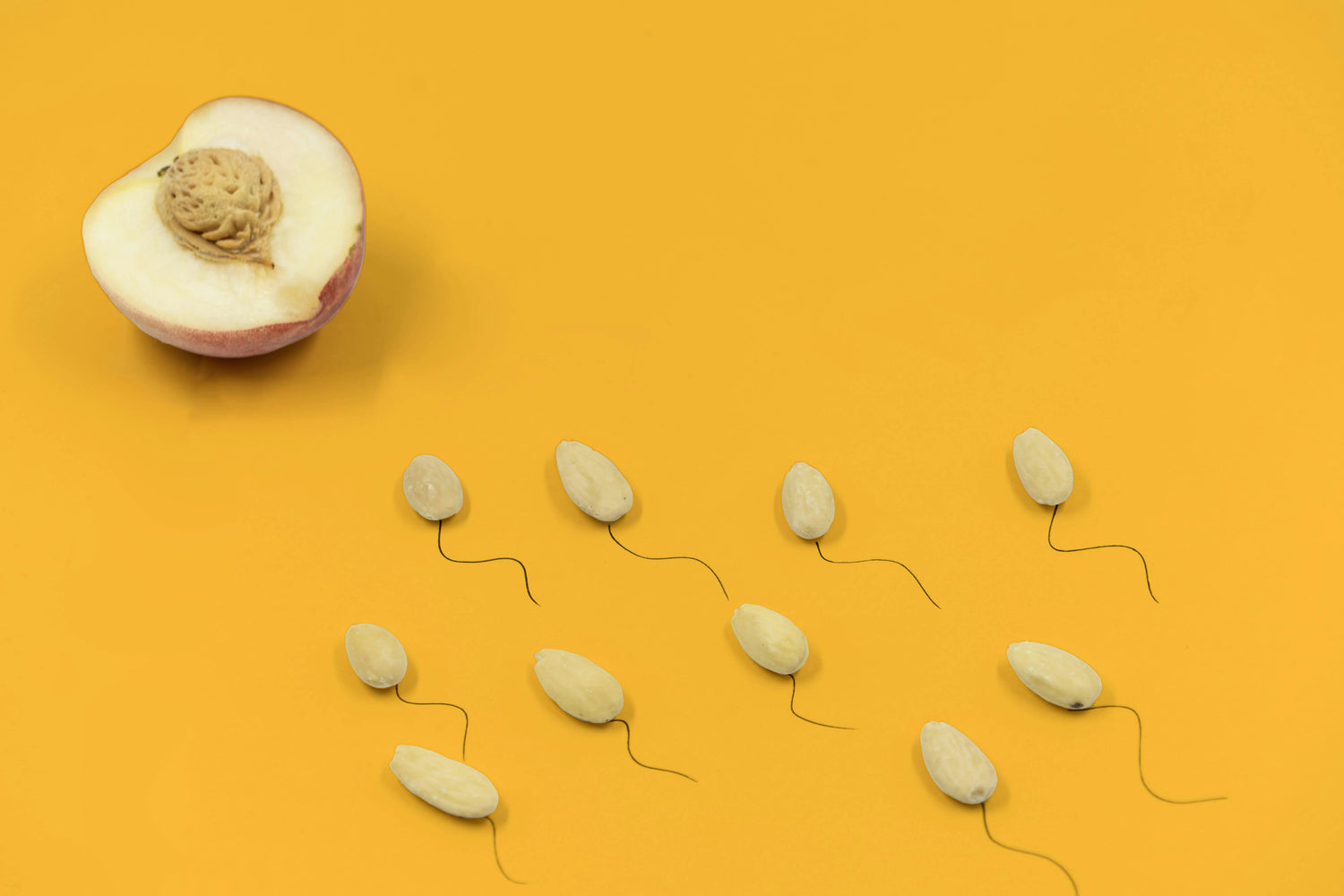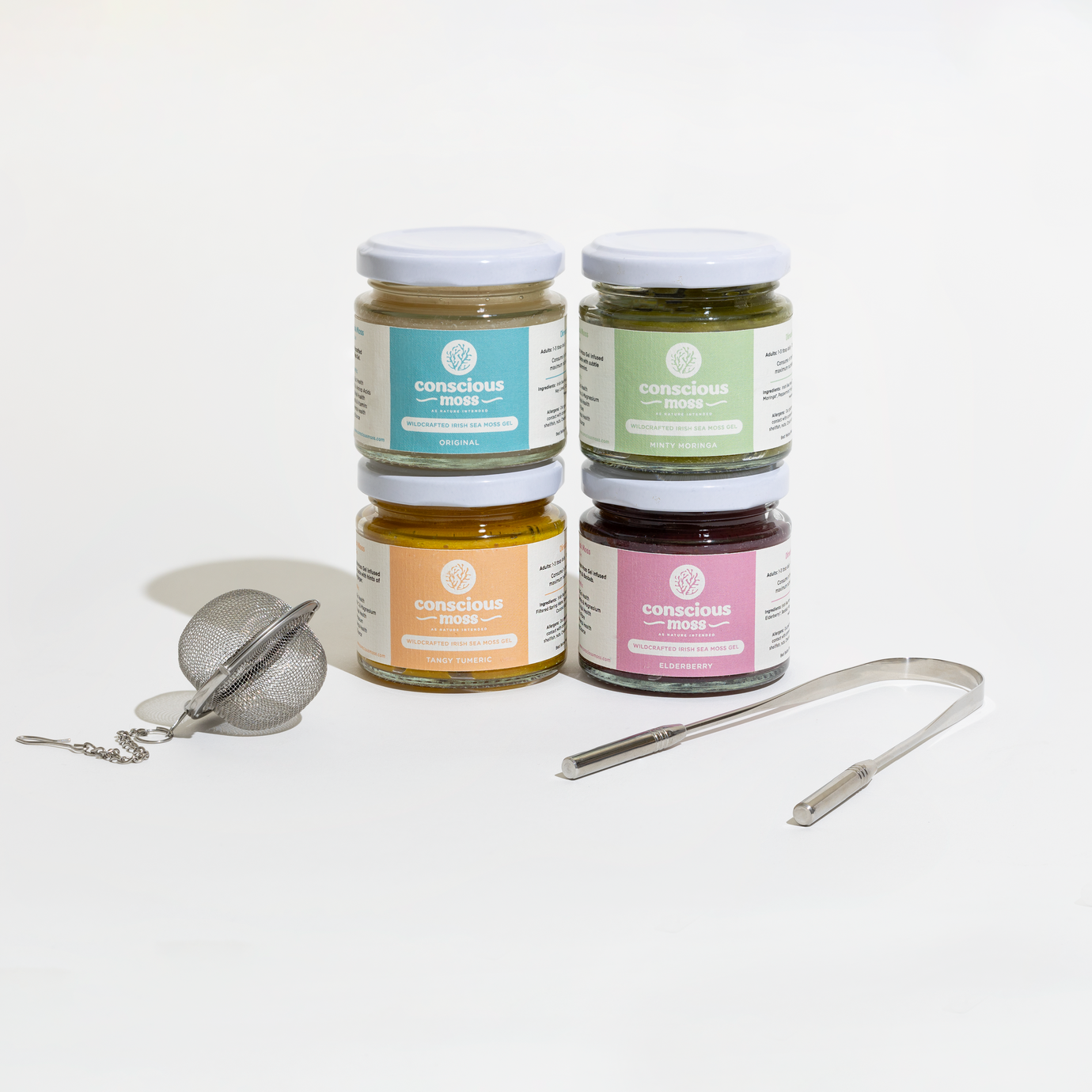Sea Moss: An Incredible Way to Boost Sexual Health & Fertility

Not every couple is lucky enough to conceive. Around 15% of couples face infertility issues. In a number of cases, low sperm count is the root cause. With counts below 20 million/mL, chances of male ejaculation are affected, resulting in problems for the man's ability to fertilize an egg. Some experts even consider counts below 15 M/mL as the limit of normal. For those dealing with sperm count irregularities, natural remedies like seaweeds, sea moss show promising results in enhancing sperm production.
Today, let's explore the benefits of sea moss for health and its impact on sperm.
The Role of Sea Moss in Male Fertility
Sea moss is a type of seaweed or algae that is considered a superfood. It can be found in the North Atlantic and Caribbean coasts. It comes in colours such as green, yellow, purple, red, brown, and black.
Caribbean men have relied on sea moss for its effects on sexual health. It is believed to elevate testosterone levels and increase sperm count thereby enhancing performance. There are also claims that sea moss acts as an aphrodisiac leading to heightened sexual desire and improved function.
One remarkable aspect of sea moss is its content of minerals. Out of the 102 minerals required by the body, sea moss contains 92. Some of these vitamins, minerals, and nutrients include fibre, vitamin K, calcium, copper, riboflavin (vitamin B2), folate (vitamin B9), iron, magnesium, phosphorus, zinc, iodine, sulfur, and manganese.
Sperm Count & Zinc
Zinc is an element in sea moss that plays a crucial role in libido and sexual desire. 100 grams of sea moss provide more than 10% of the recommended daily intake of zinc. In men specifically, zinc tends to accumulate in the prostate gland. This accumulation helps strengthen prostate muscles while also improving both the quality and quantity of sperm production. Additionally, it enhances semen volume.
Furthermore, zinc has an impact on testosterone levels in the blood. This often corresponds with an increase in semen volume, sperm motility (movement), as maintaining normal sperm morphology (shape). While testosterone is essential for sperm production, sea moss with its zinc content may have an effect on conditions that can lead to decreased sperm count or infertility. Such as obesity or metabolic syndrome. Further investigation is required to delve into the effects of sea moss on testosterone levels.
Final Thoughts
When it comes to couples trying to conceive, dealing with desire and sperm count can be quite challenging. While more research is needed, incorporating sea moss into your routine may have an impact on sexual health and performance. You might want to explore our products for enhancing both the quality and quantity of your sperm.




